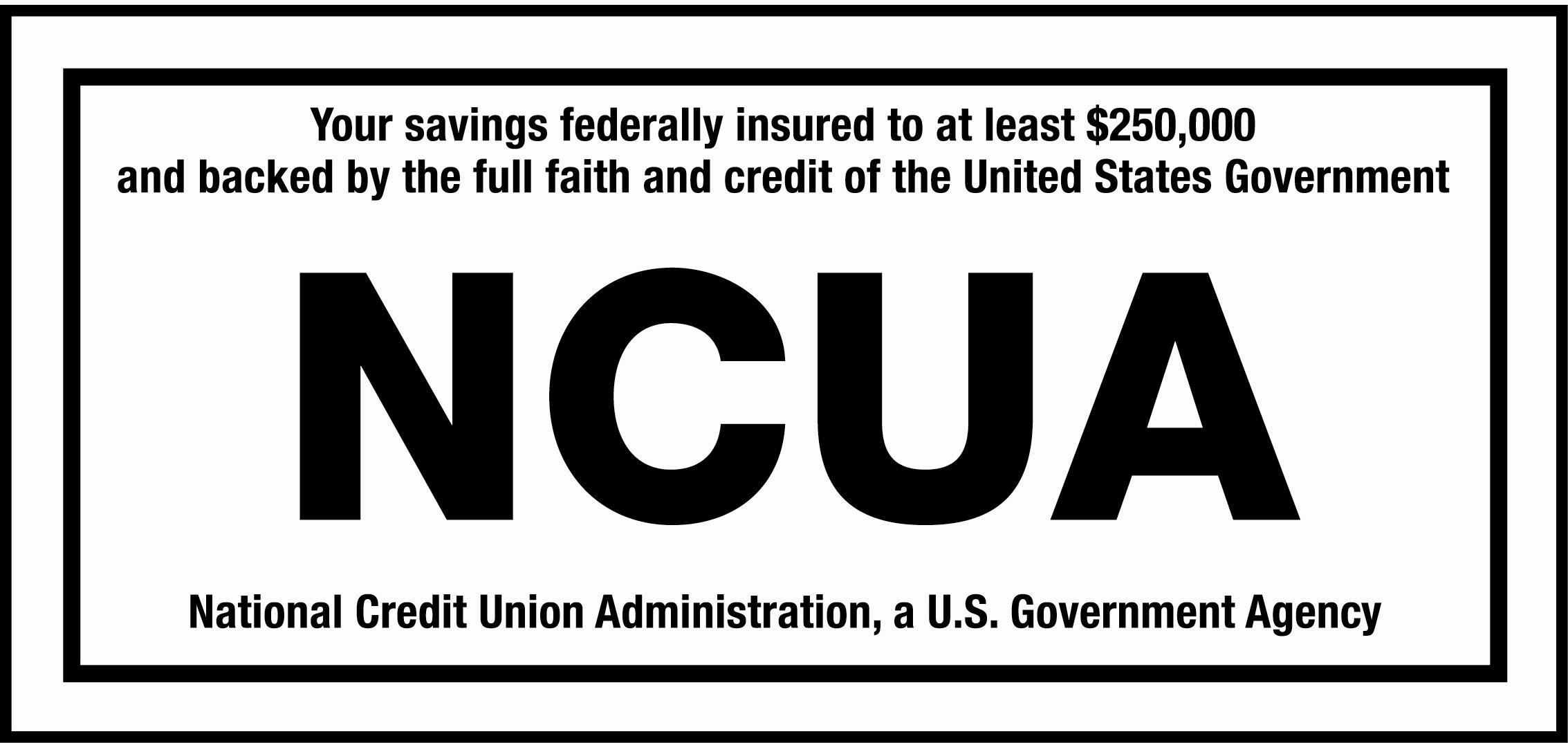Why You Need to Be Financially Fit

You give your abs a daily workout, but are you neglecting those money muscles? Here’s why being financially fit is super-important and how you can overcome common barriers to financial wellness.
Financial wellness: a ripple effect
Managing money responsibly will affect many aspects of your life:
- Marriage. According to a recent study by AARP, financial problems are the second leading cause of U.S. divorces.
- Mental health. Money stress can severely affect your mental health, causing depression, restlessness, anxiety, and more.
- Physical health. Stressing over finances can directly impact your physical health, leading to recurring symptoms like headaches, fatigue, insomnia, high blood pressure, and an increased risk of heart disease and stroke.
- Work-life. Money worries can make it difficult to focus at work, which can also bring down productivity levels and hamper career growth.
What are the leading causes of money stress?
According to a survey by Credit Wise®, 73% of Americans rank money issues as the top stressor in their lives. Here are the top causes for financial stress:
- High-interest debt
- Insufficient savings
- Medical bills
- Living paycheck to paycheck
- Lack of retirement planning
Barriers to financial wellness and how to overcome them
Unfortunately, there can be barriers that make it difficult to get and keep financial wellness. First, because it hasn’t been taught in school until recently, many people lack the basic financial knowledge necessary to manage money responsibly. Second, many mistakenly believe that budgeting and saving are time-consuming and tedious. Finally, some consumers have fallen so deeply into debt they’ve lost hope of ever pulling themselves out.
Here are simple steps you can take to get financially fit:
- Get educated. Check out financial literacy blogs, personal finance books, podcasts or online classes to learn about money.
- Have the money talk with your partner. It’s important to be on the same financial page as your partner. Talk openly and honestly, being careful not to be judgmental, and discuss your individual and shared money goals. Then, come up with a plan to reach them together.
- Pay all bills on time. If you can’t take aggressive steps toward getting out of debt just yet, be sure you’re making at least the minimum payment on each credit card bill.
- Create a budget. Giving every dollar a destination makes it easier to spend mindfully and cuts down on extraneous expenses.
- Start saving. Every dollar counts, and once you get the ball rolling, you’ll be motivated to pack on the savings until they really grow.
Let’s get those money muscles into shape! Follow the tips outlined above to stay financially fit at all times.



